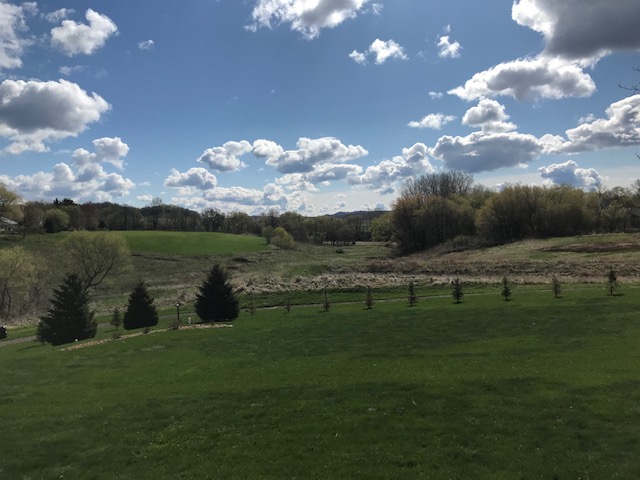We live in Wisconsin in a town that has grown over three fold in the last twenty years. Houses occupy what used to be cornfields and prairie, tightly woven together with a maze of streets and lights where once there was nothing but crickets and darkness.
Human development greatly impinges on the environment. In these last twenty years, I’ve seen the milkweed supply diminish along with the iconic monarch butterfly that the plant feeds. New stores get build while old ones remain standing, yet empty.
The stately ash trees, a wrongfully planned monoculture that lined the trees of our nearest city, met their demise when an insect named for its deep green color infected its bark. The ash are gone.
With all the development, you’d think the wildlife would react. And, in some ways it has – we see fewer and fewer monarchs visiting our backyard pollinator habitat. We see deer wander through our home fruit orchard to nibble on the fallen apples. The cows that used to pasture in the coulee behind us eat somewhere else now, or maybe, don’t eat at all. The land does not belong to the farmer any longer.
This week, we witnessed the boldness of a woodchuck in our yard. He walked all over our lawn. He watched my husband fix our invisible dog fence. He tried to get into the garage several times. So far, he hasn’t damaged anything during his two afternoon visits. He’s displaced. The field and woods that abut our property have become one of the newest subdivisions in our town. Who can blame him for looking around for a new place to call home?
One thing that has not changed in the song of the coyotes. We hear them at night, and rarely will see them during the morning, headed back to their den. Behind us sits what is called a coulee in Wisconsin. A coulee, we were told when we questioned the meaning of the word after our move to Wisconsin, is a valley with only one way in and out. There are other definitions and most refer to a deep but dry ravine or valley with steep sides that was formed by water. It comes from the French word to flow (Collins online dictionary, 2021). It makes sense; besides the Germans and Norwegians, we had French explorers and settlers in our region of the country.
In the coulee behind our home, live coyotes. There they feed there babies or pups at night. The pups excitedly feed on the meal with yelps and high pitched cries, reserving the howling for later in the summer and fall once they have grown. But, their feeding frenzy, as I like to call it is common at this time of year and can be quite alarming if you don’t know what you are hearing. The recent nights of ruckus inspired my tanka (first ever attempt at this form of syllabic poetry).

Today is Poetry Friday. Our host is Bridget at Wee Words for Wee Ones blog. Thanks for hosting! Please visit her page for more inspiring stories and poetry!


Leave a reply to lindabaie Cancel reply